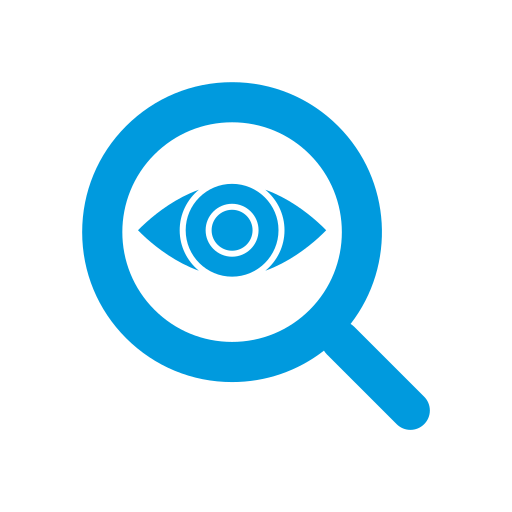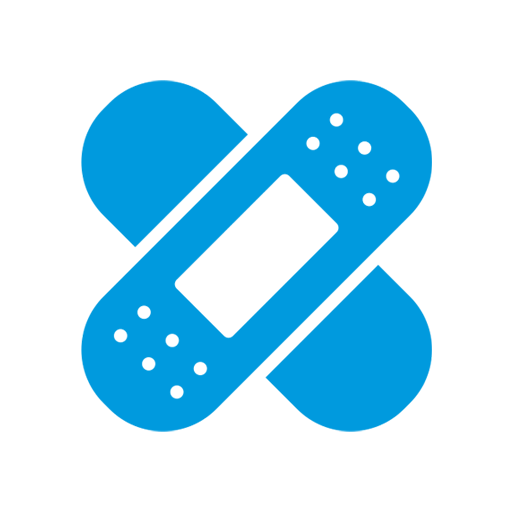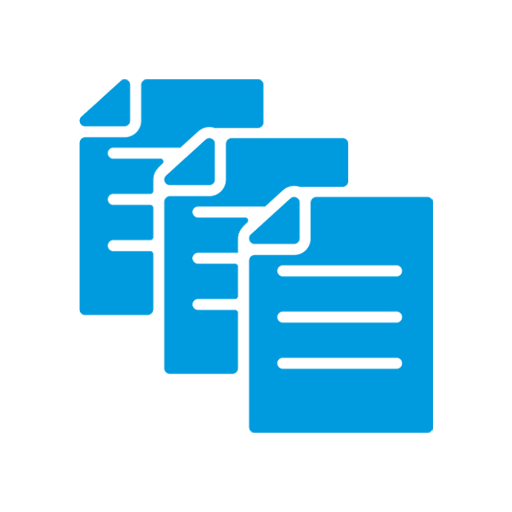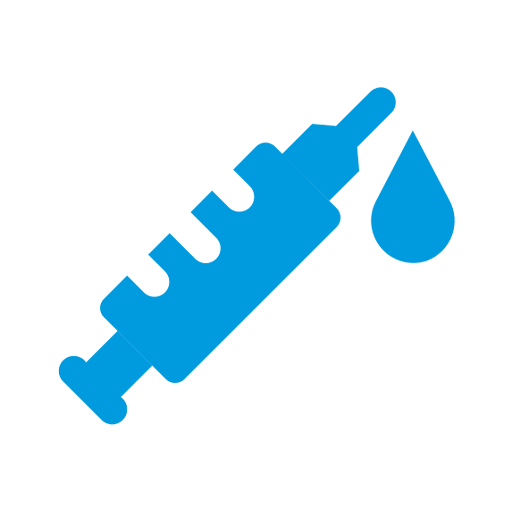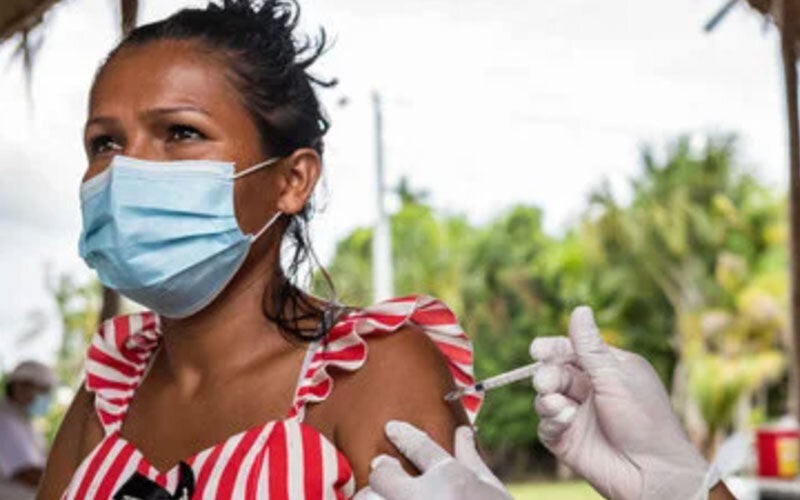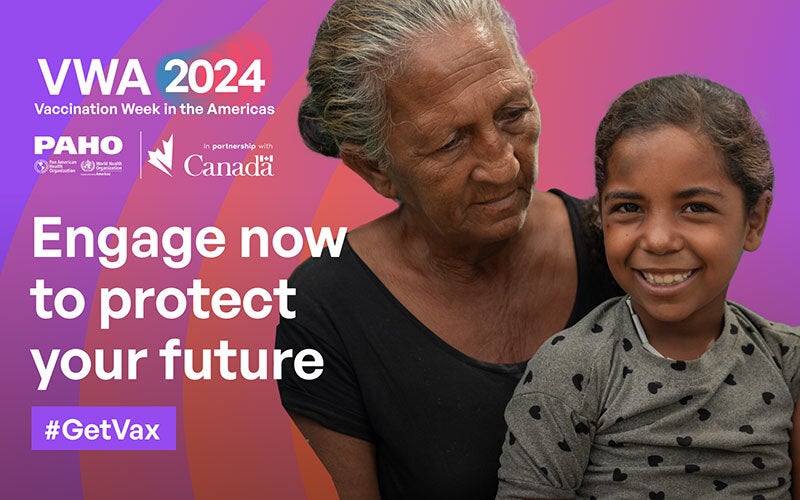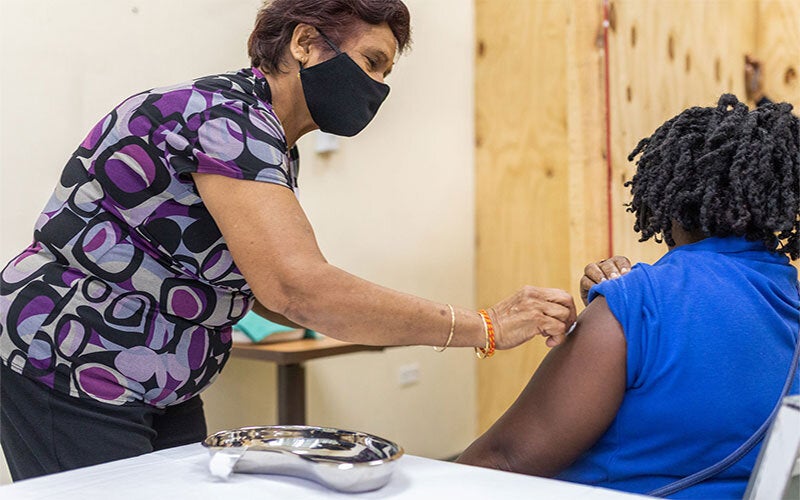Welcome!
This toolkit has been created and it is updated as a resource to support managers of the Expanded Programs on Immunization (EPI) in the Region, as well as their teams, in all aspects of the planning, monitoring, reporting and evaluation of immunization programs.
This toolkit also serves as a reference library for Technical Advisory Group (TAG) for Immunization recommendations, policy resolutions from PAHO’s Governing Bodies on immunization-related topics, pertinent guidelines and field guides, and key publications.




